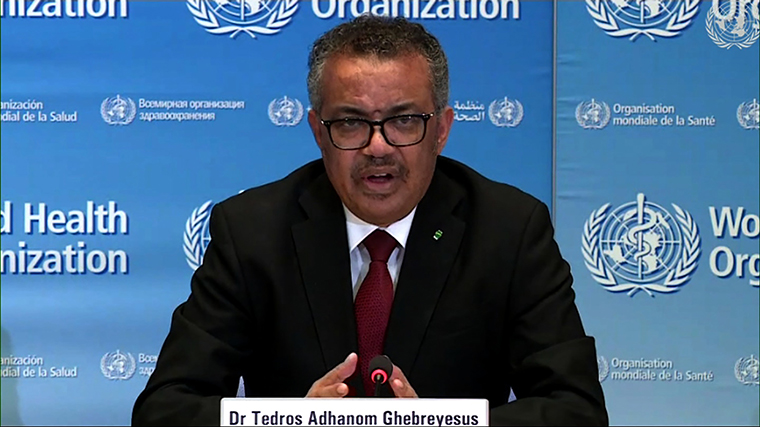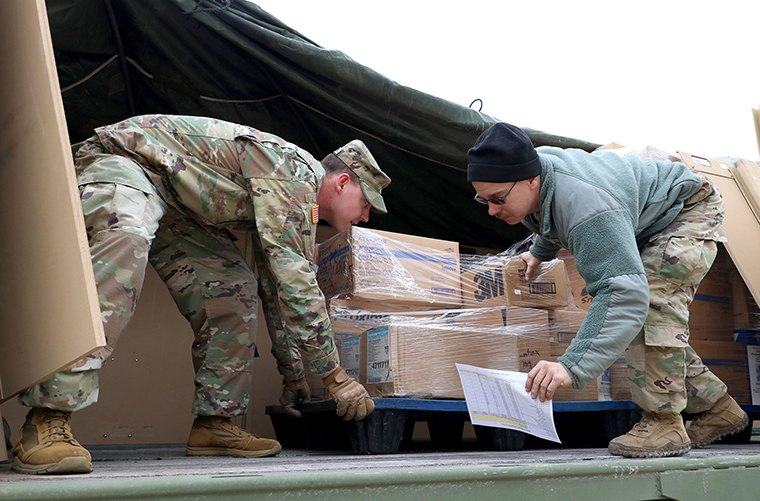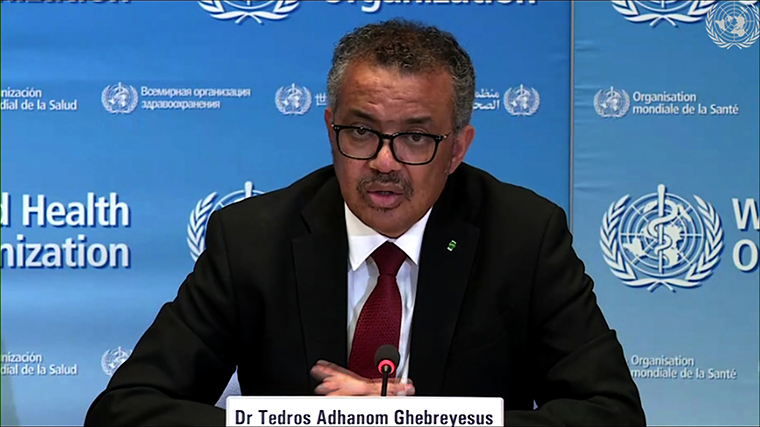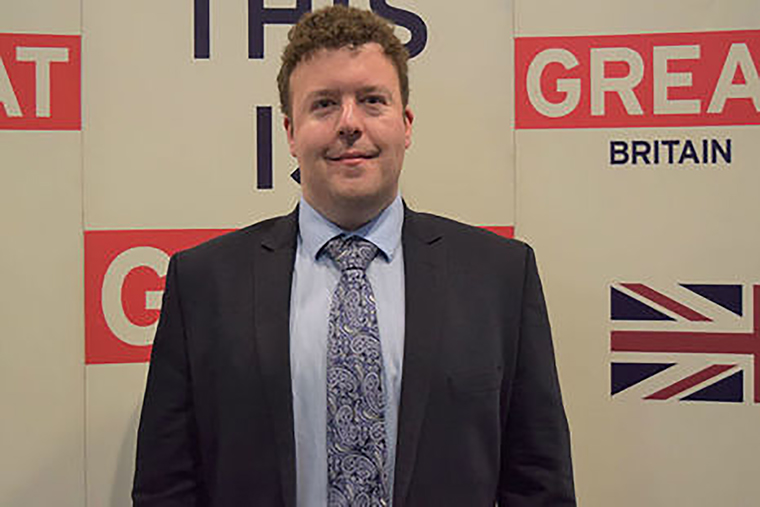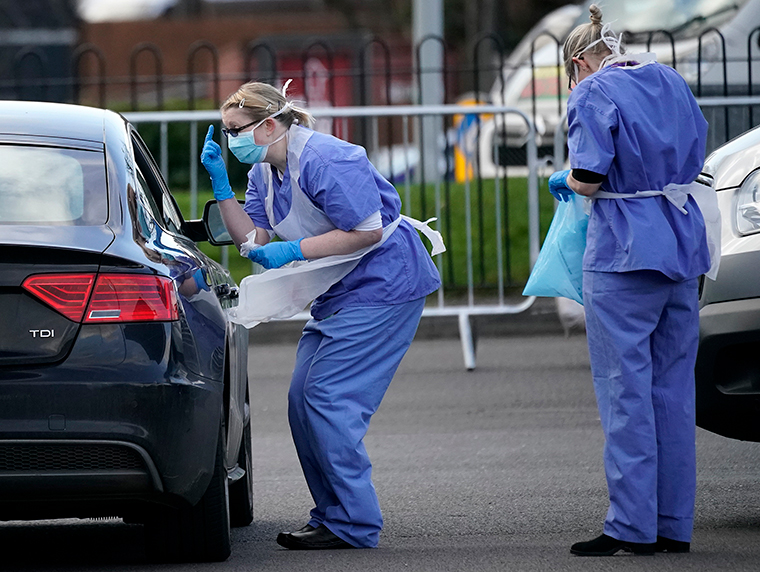Calling themselves "the ground troops" in the fight against coronavirus, members of the National Association of Counties (NACo) told reporters on a call Wednesday that they are bracing for an enormous economic fallout during the coronavirus outbreak.
Clark County Commission Chairwoman Marilyn Kirkpatrick said that she is anticipating more than a billion dollar loss in her county, which includes Las Vegas, in the coming months as businesses have to close their doors to tourists.
According to Kirkpatrick, hundreds of thousands of workers have been laid off in recent months as the state scrambles to mitigate the spread of the virus while implementing emergency economic measures.
A number of county leaders pointed to how expensive it is to transition essential government workers to a "work from home" solution.
"Our costs are rising at a time we don't anticipate new revenue coming in until August," Kirkpatrick said. "Economic impact based on tourism is very detrimental and could take us years to recover from."
Even as Congress appears on the brink of passing a $2 trillion dollar stimulus bill, which is expected to dump $150 billion dollars into state coffers, local officials fear it won't be enough.
"The big unknown right now is the lost revenue and the fact it doesn’t appear at first glance to capture lost revenue," said Matthew Chase, executive director of the National Association of Counties.
NACo members also voiced frustration about the lack of federal response and discussed how they are working around the lack of access to testing.
Each leader on the call spoke about their directives to keep people away from one another, otherwise called the "Safer at Home" initiative.
"We can do things ahead of that testing in order to level the curve and not overwhelm health systems," said NACo President Mary Ann Borgeson. "The more we can do to try and prevent people again being in large crowds, public places."
